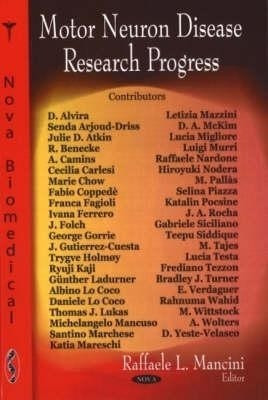Motor Neuron Disease Research Progress(English, Hardcover, unknown)
Quick Overview
Product Price Comparison
The motor neuron diseases (or motor neuron diseases) (MND) are a group of progressive neurological disorders that destroy motor neurons, the cells that control voluntary muscle activity such as speaking, walking, breathing, and swallowing. Neurological examination presents specific signs associated with upper and lower motor neuron degeneration. Signs of upper motor neuron damage include spasticity, brisk reflexes and the Babinski sign. Signs of lower motor neuron damage include weakness and muscle atrophy. Every muscle group in the body requires both upper and lower motor neurons to function. It is a common misconception that "upper" motor neurons control the arms, while "lower" motor neurons control the legs. The signs described above can occur in any muscle group, including the arms, legs, torso, and bulbar region. Symptoms usually present between the ages of 50-70, and include progressive weakness, muscle wasting, and muscle fasciculations; spasticity or stiffness in the arms and legs; and overactive tendon reflexes. Patients may present with symptoms as diverse as a dragging foot, unilateral muscle wasting in the hands, or slurred speech. This new book presents the latest research from around the globe.


